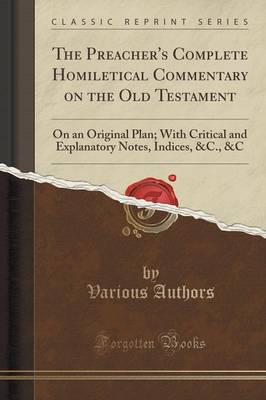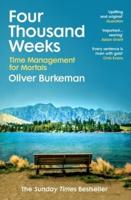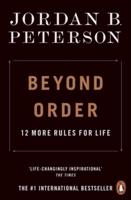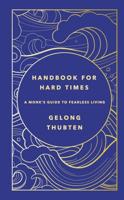Publisher's Synopsis
Excerpt from The Preacher's Complete Homiletical Commentary on the Old Testament: On an Original Plan; With Critical and Explanatory Notes, Indices, &C., &C
Samuel and Kings political. In the mind of the writer the religious establishment is of primary, the State of secondary importance (cf.Speak. Com.). There are three principal features (a) a greater tendency to dwell on the ritual, on the details of the Temple worship, the various functions of the Priests and Levites, the arrangement of the courses and the like; h)a marked genealogical bias, and desire to record names of persons engaged in events narrated; (c)a more constant, open, and direct ascription of all the events of history to Divine agency, and especially a more plain reference of every great calamity or deliverance to the good or evil deeds of the monarch, or the nation, which Divine Providence so punished or rewarded fcf. Speak. Com.). The Object. It is historical, yet the writer seems to forget former histories and gives his own. First to give an entire history from the very beginning to meet the difficulties of the time to preserve true genealogies of families and since future prosperity depends upon the preservation of the Temple with its priests and service, he begins with David, describes Solomons acts, and then follows out the history of Judah fnot of Israel), and shows how kings maintained its worship or introduced idolatry, and were rewarded or punished according to their conduct. It is thus apparent that the object of Ezra in writing the Books of Chronicles was to place before the Jews such an aspect of their past history as would show them that from the peculiar constitution of their government as a Theocracy, the glories and decadence even of the Davidic monarchy were most closely associated with the recognition of the Lords presence by a faithful maintenance of the worship which he had ordained for that purpose. Such a view of their history was calculated to strengthen the religious element of their nationality, to teach them that their highest glory was the special sovereignty of God over them, and that although that sovereignty was exceptionally exercised through prophets, its natural and ordinary manifestation was to be found in association with the Levitical system J.H. Blunt. The Analysis. Naturally divided into four parts. Part I. a series of genealogies or a summary of ancient history of man in the line of Israel to David.1 Chr. i.-ix. Ch.i. from Adam to Israel; chs. ii.-vii. the twelve tribes of Israel; chs. viii. ix. the inhabitants of Jerusalem. Part II. contains the history of Davids reign from the death of Saul, partly agreeing with the account in the Books of Samuel, yet with important additions concerning the Levites, chs. x.-xxix. Part III., in nine chapters, comprises the reign of Solomon, 2 Chr. i.-ix. Part IV. gives a history of the kingdom of Judah (while Israel remained, x.-xxviii.; and after Israels downfall), especially in connection with the worship of God, xxix.-xxxvi. The account continues to the proclamation of Cyrus authorising the return of the people and the rebuilding of the Temple. There are twenty whole chapters and twenty-four parts of chapters occupied with matter not to be found in other books of Scripture. These books, therefore, are highly important on account of the new material as well as the new aspect of things which they present. See Murphy, The Books of Chronicles (Clark). And these are ancient things (I Chr. iv.22).
About the Publisher
Forgotten Books publishes hundreds of thousands of rare and classic books. Find more at www.forgottenbooks.com









